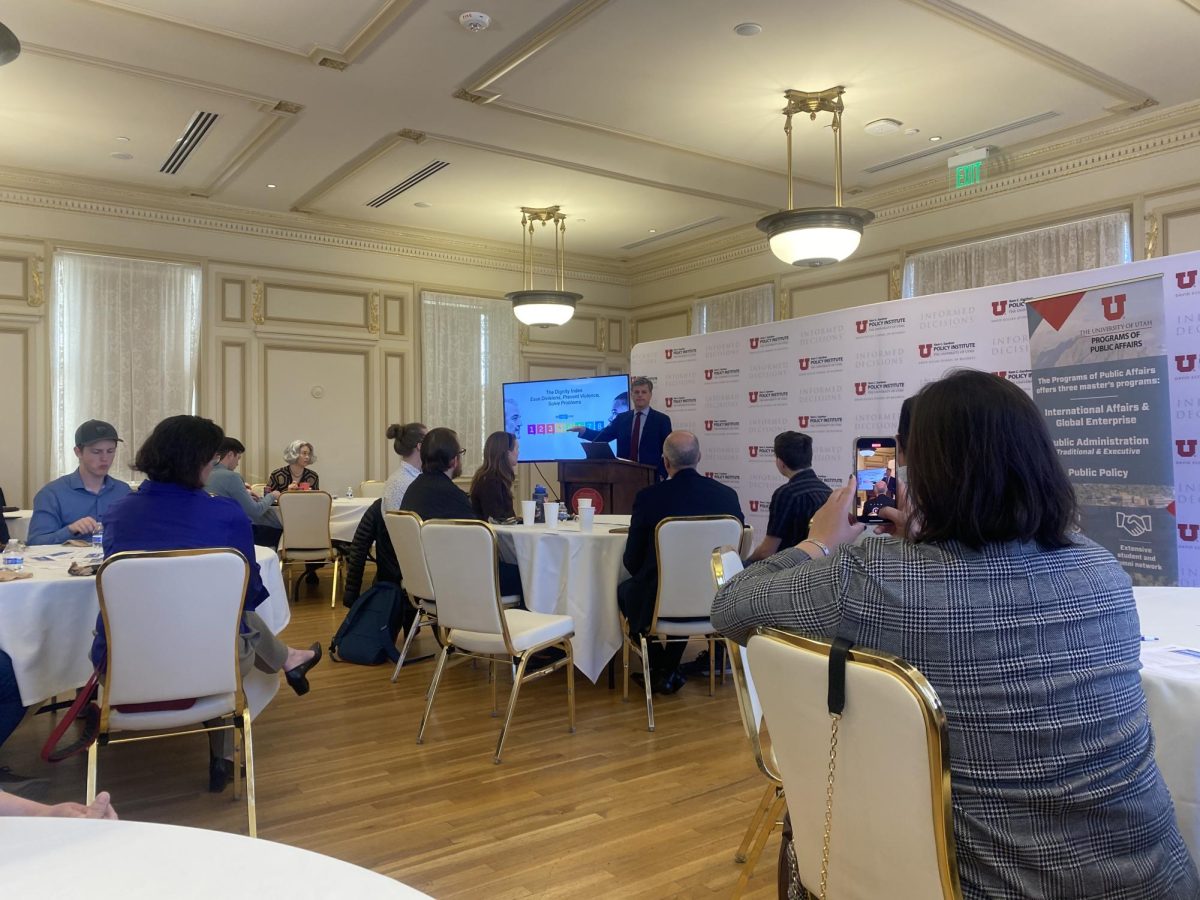
Brock, a retired Harvard professor, spoke about the changing nature of the field on Thursday morning at the U. The lecture, called “Obstacles in Health Care Rationing,” had nearly 40 attendees.
“This was an informed view of a critical issue that many people are poorly informed about,” said Guy Zimmerman, a U faculty member in School of Medicine.
Brock said rationing health care is a must — not an option. For him it comes down to how to allocate resources efficiently and distribute them equitably. He said the issue has three levels: macro, meso and micro.
On the macro-scale, the United States has no procedure for deciding how much money to invest in health care versus other goods and services. On the meso-scale, the problem concerns how much money the U.S. should devote to certain illnesses and needs. The micro issue deals with how much health care should be allocated to particular patients that need specific forms of care.
Brock said it is difficult to budget for health care needs because they are too unpredictable. This leaves many people searching for answers when it comes to dealing with their health and wellness.
“You can tell the justice of society by how well it treats its least well-off members,” he said.
The Affordable Care Act, which requires citizens to sign up for insurance by today, is one potential solution to the problem. “We simply don’t know at this point how effective the ACA will be with rationing resources … we will have to wait a few years,” Brock said.
Brock said the issue stems from an increase in elderly population and higher health care costs due to advances in technology and drugs.
Charles Smith, a retired professor of medicine at the U, said health care rationing is essential.
“We just have to make sure it is done as fair and just as possible,” Smith said.
[email protected]















